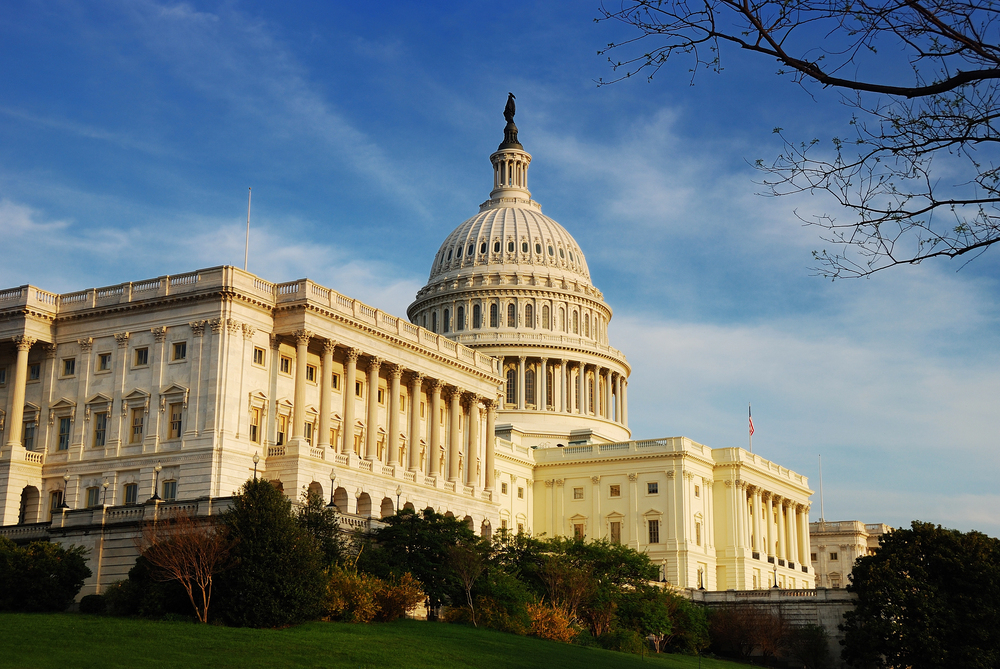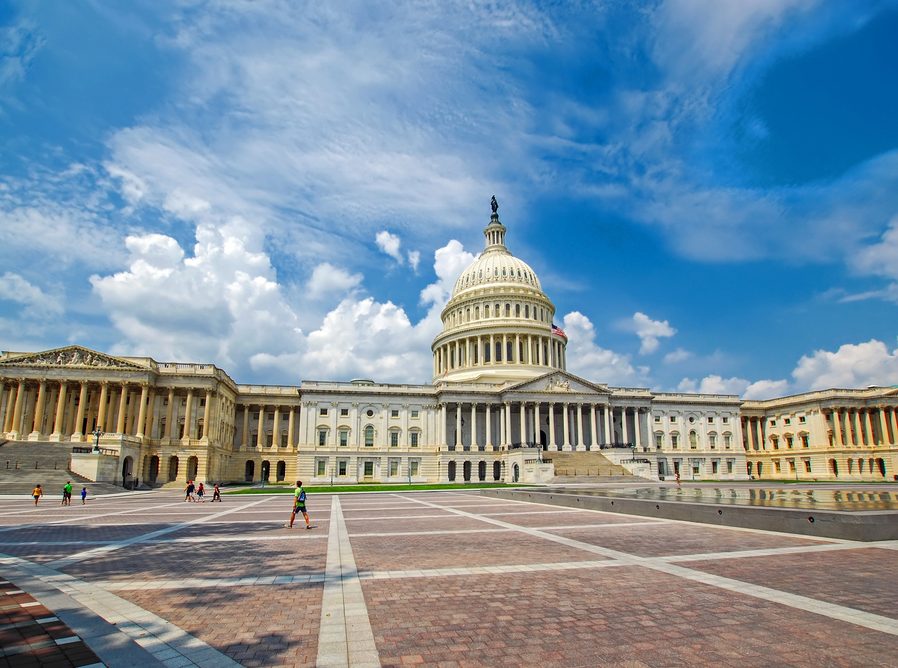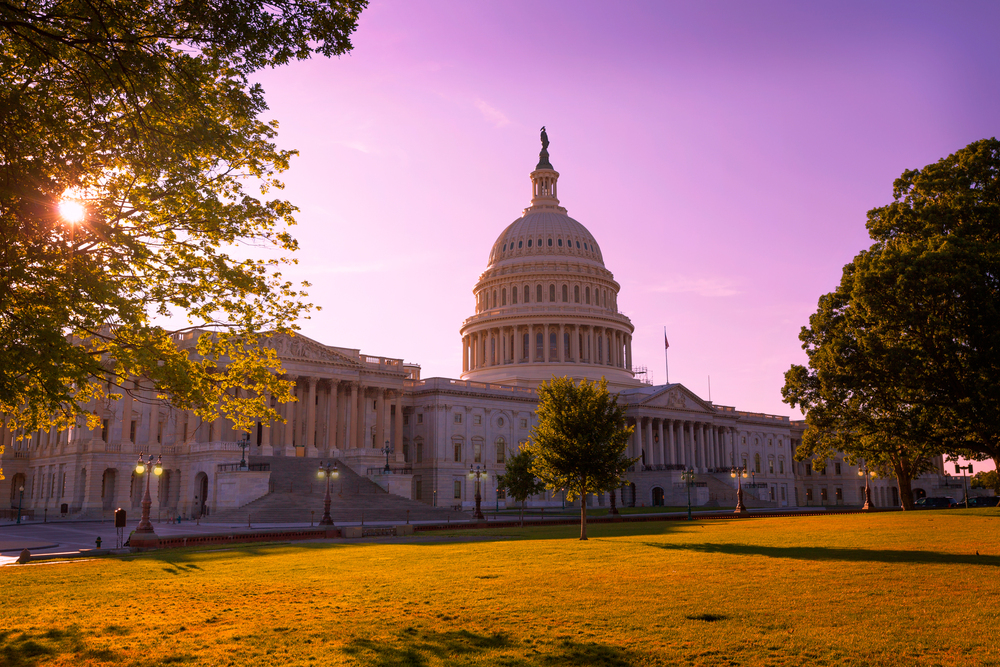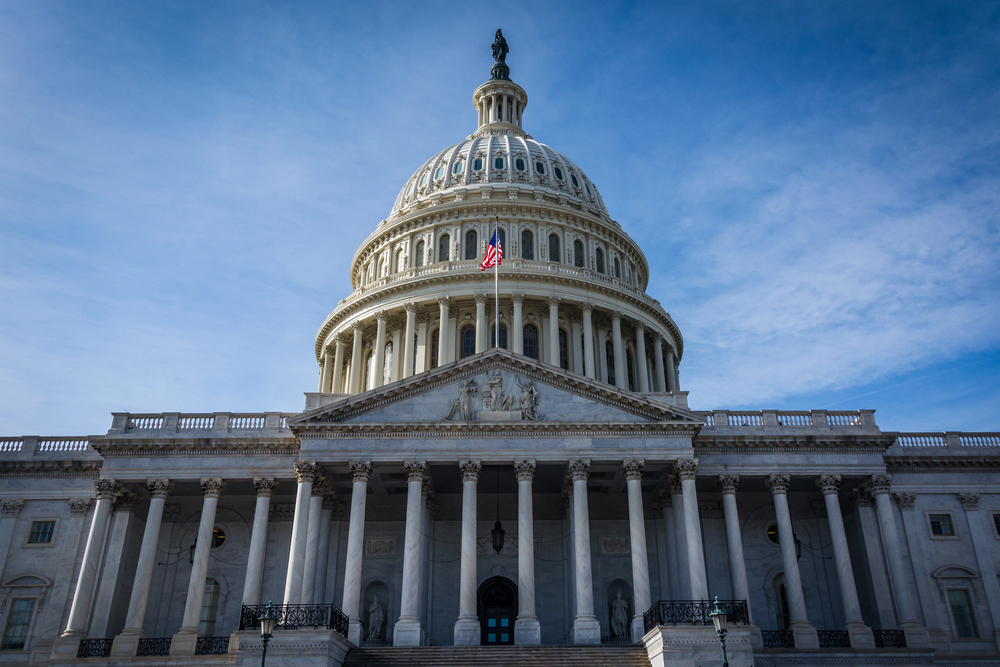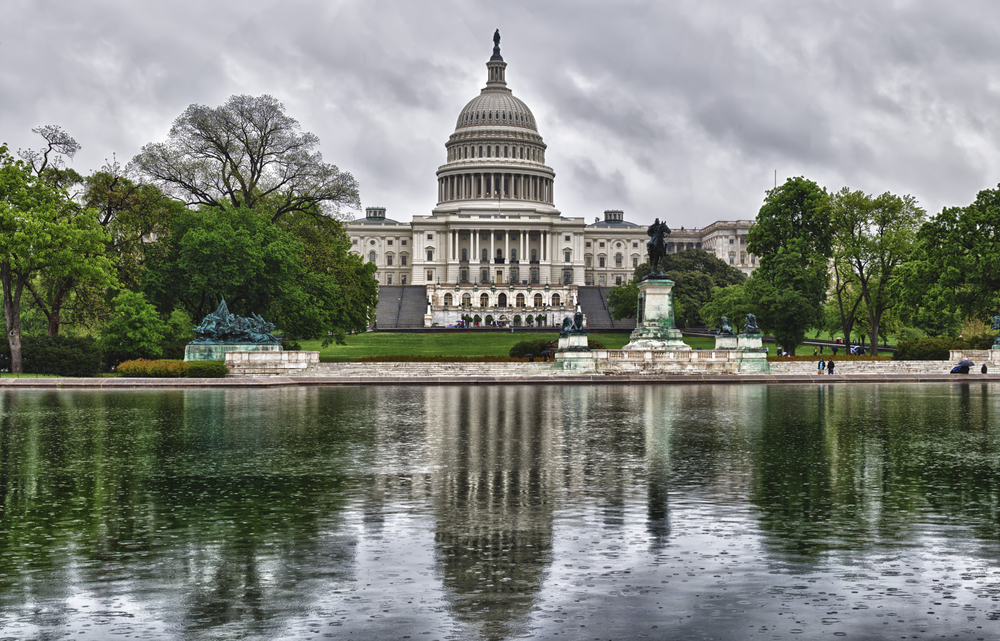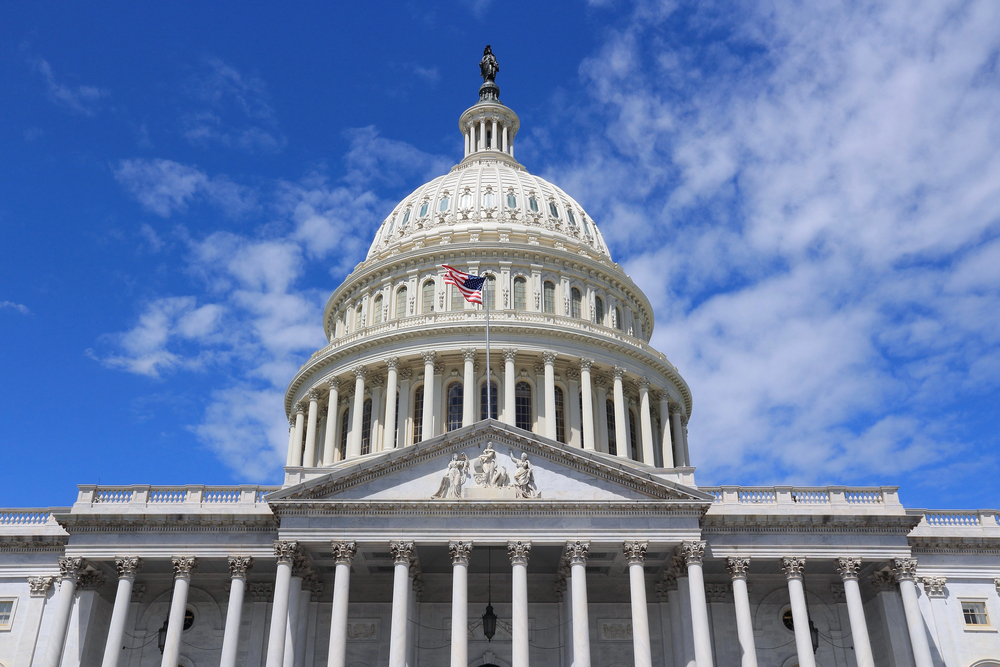House Passes Bill Further Delaying ACA’s ‘Cadillac’ Tax
By: Wyatt Stewart
This week, the U.S. House of Representatives passed legislation that would delay the Affordable Care Act’s (ACA) 40% excise tax, also known as the “Cadillac” tax, until Dec. 31, 2024. The delay passed by a 240-181 vote as part of the budgetary process known as reconciliation.
In addition to delaying the “Cadillac” tax, the legislation repeals other major provisions of the ACA. The same legislation has already passed the Senate, so it now heads to President Obama’s desk, where he is expected to exercise his veto power. The legislation did not pass with enough votes in either the Senate or the House to override the President’s veto.
The ACA levies a 40% tax on health benefits that exceed an established annual cost. This tax was slated to take effect in 2018 and would have impacted plans valued at $10,200 a year for individuals and $27,500 a year for families, but last month Congress delayed the tax in a year-end omnibus legislative package that moves the effective date of the tax back for two years until 2020. The reconciliation bill attempts to delay implementation an additional four years.
In addition to the reconciliation process and the two-year delay in the omnibus bill, this Congress has introduced four separate bills to repeal the tax. In the first session of the 114th Congress, Rep. Frank Guinta (R-New Hampshire) introduced H.R. 879, the “Ax the Tax on Middle Class Americans’ Health Plans Act,” and Rep. Joe Courtney (D-Connecticut) introduced H.R. 2050, the “Middle Class Health Benefits Tax Repeal Act” in the House. In the Senate, Sens. Dean Heller (R-Nevada) and Martin Heinrich (D-New Mexico) introduced S. 2045, the “Middle Class Health Benefits Tax Repeal Act,” and Sen. Sherrod Brown (D-Ohio) introduced S. 2075, the “American Worker Health Care Tax Relief Act.”
While the Big “I” believes the two-year delay of the tax is an important first step and appreciates that the reconciliation process included a longer delay, the association continues to support fully repealing this tax and looks forward to working with Congress in a bipartisan spirit to ensure it never sees the light of day.
Wyatt Stewart is Big “I” senior director of federal government affairs.


